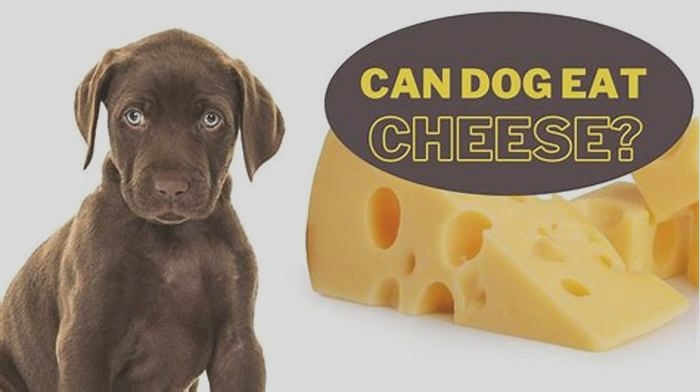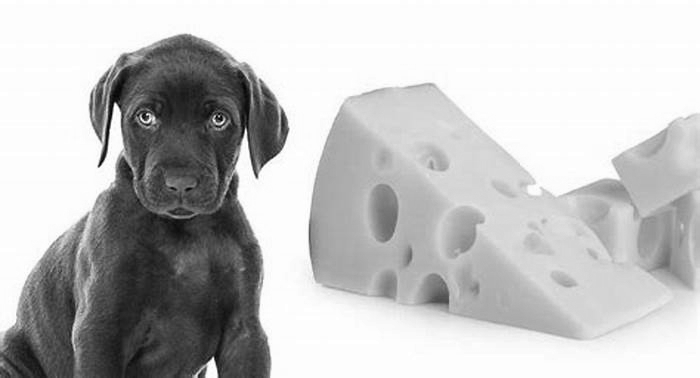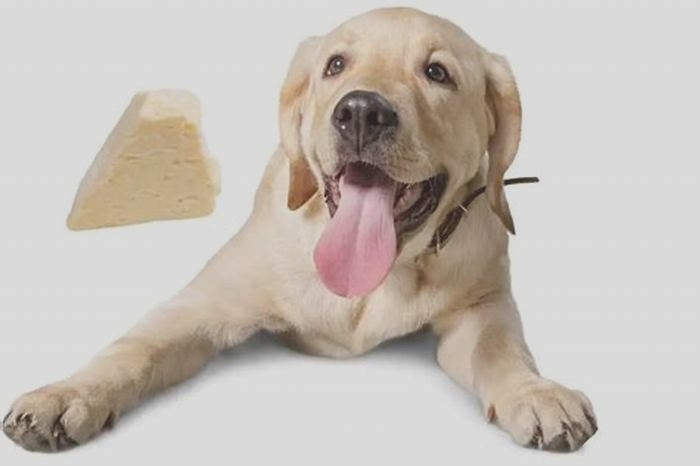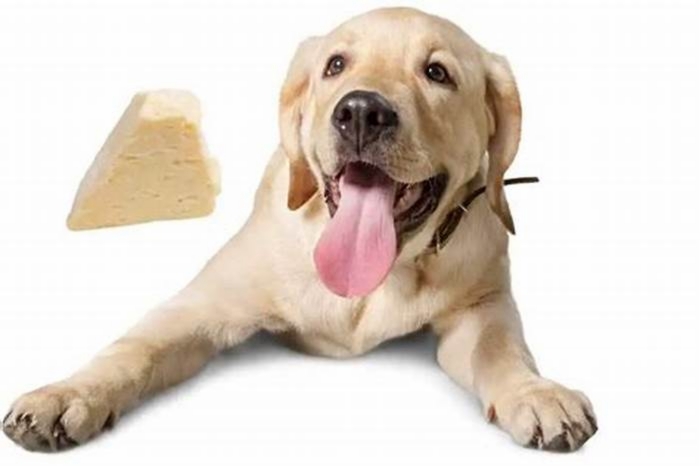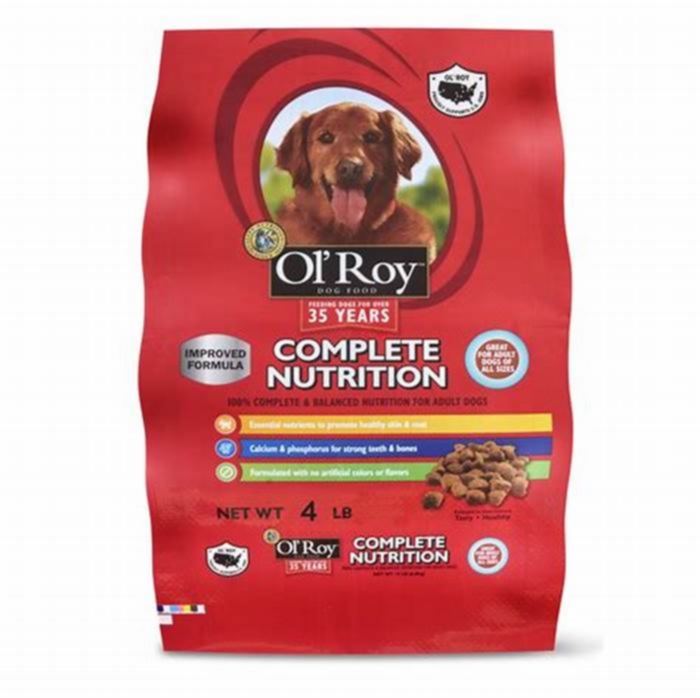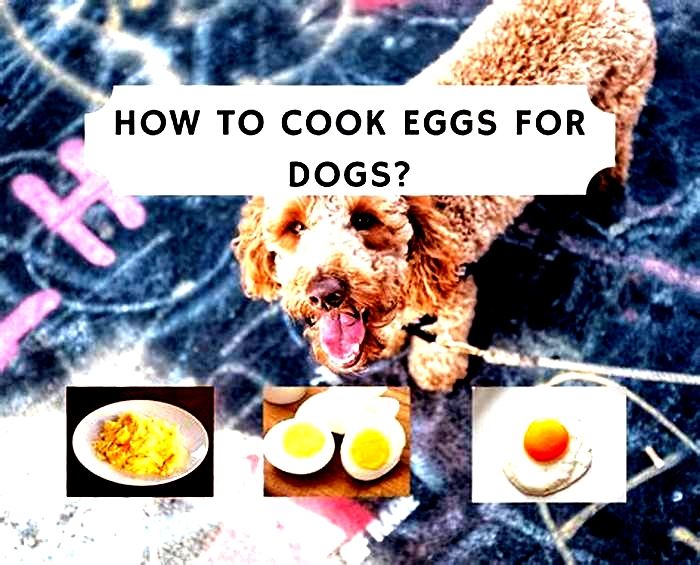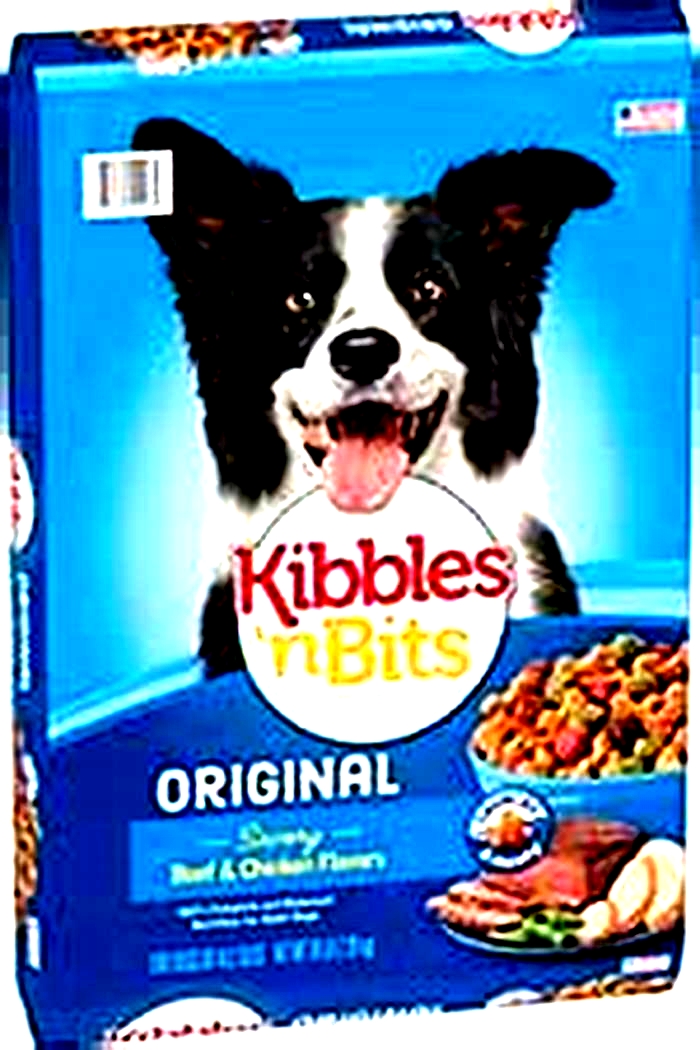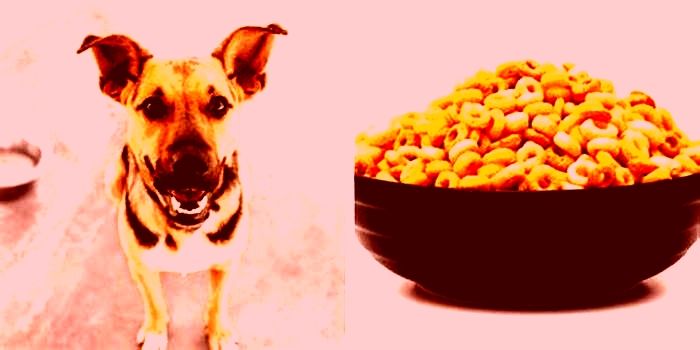Is cheese good for dogs
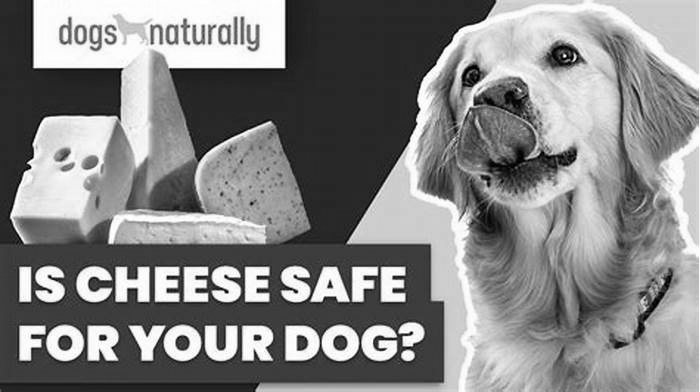
Can Dogs Eat Cheese? Which Types of Cheese Can Dogs Eat?

Cheese is undeniably one of the most adored human foods, and were not saying that in the spirit of being cheesy. Thats simply the truth.
In fact, its smell alone is too sinful that it could unleash the glutton in each one of us. And no wonder why even our canine companions love cheese so much. Yes, dogs find cheese irresistible, too. But, can dogs eat cheese?
Can Dogs Eat Cheese?
The short answer is yes, dogs can eat cheese. However, just like with other human foods that we occasionally add into our dogs diet, theres always a catch. Most dogs can handle cheese very well, but some cant even in small amounts.
Hence, there are a few things to remember before you start slicing small cubes of cheese for your pup.
To start, you have to pay attention to your dogs health, especially his tolerance to dairy products, his current weight, digestive health, allergies, and any underlying health problems that he may have.
The Benefits of Cheese
Cheese is a many-splendored food. From its taste, aroma, texture, and nutritional benefits, cheese doesnt disappoint.
It is loaded with essential nutrients, including proteins, vitamin A, B-complex vitamins, calcium, essential fatty acids, phosphorus, and zinc.
However, while we humans can enjoy the positive effects of these nutrients, our dogs cannot. Our internal makeup differs from that of a dog, as such, cheese wont necessarily provide them with the nutritional benefits that they need.

Is Cheese Bad for Dogs?
Cheese is not toxic to dogs, so, its generally safe to give your pup a small cube of cheese as an occasional treat. You should also be mindful that many kinds of cheese have high-fat content and high sodium content.
And we know for a fact that too much of these in your dogs diet can lead to unhealthy weight gain and several other health issues, such as pancreatitis, sodium toxicity, and kidney problems to name a few.
Symptoms of sodium toxicity that you should watch out for include extreme thirst, vomiting, diarrhea, tremors, seizures, and body weakness.
If not addressed immediately, it can lead to more serious problems such as potential injury to the kidneys, coma, and even death.
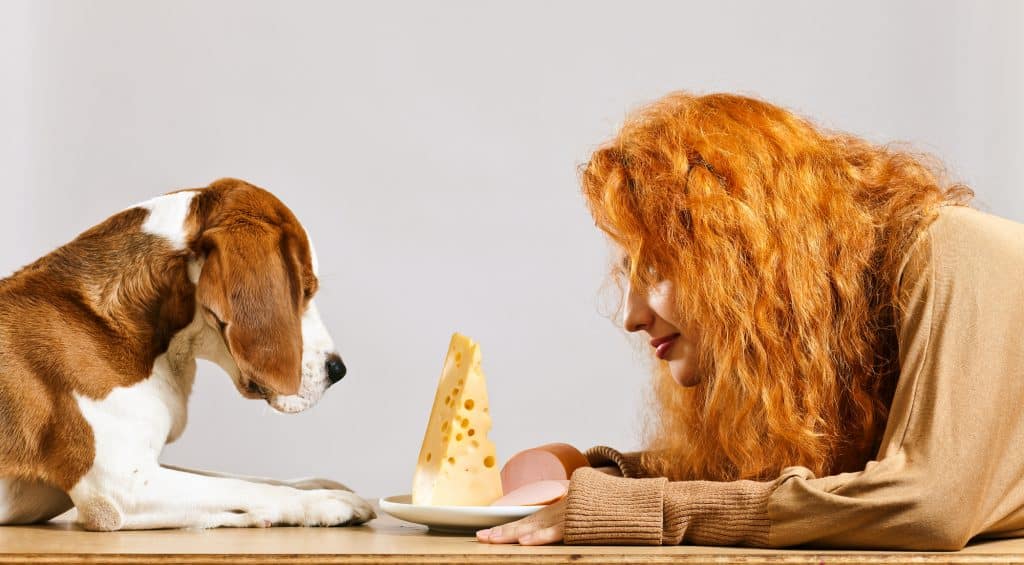
When Is Cheese Good for Dogs?
Not all dogs love cheese and can handle its effects, thats why its always best to practice moderation in giving this treat to your pup.
And if your canine buddy can handle cheese very well, you can also use it as a reward during his training. In fact, a lot of trainers use it for treats-motivated dogs.
Also, if you are having a hard time giving your dog his medicines, you can use cheese to hide their taste and disguise them as treats.
By using cheese to conceal pills (except for antibiotics), you can successfully give him his needed dose while also allowing him to enjoy his favorite snack.
At times, some dogs also hate munching on their prescription recovery dog food. If this is the case with your dog, then, try adding grated cheese as toppings to make it more palatable for your pooch.
But of course, dont forget to ask for your vets approval and recommendation before doing this because like what was said earlier, cheese can also cause some health issues to dogs. As such, when it is given in excess, it might just exacerbate your pups condition.
Lactose Intolerance in Dogs
Dairy can be tricky for dogs. Just like us, humans, some dogs are lactose intolerant or they cant digest lactose effectively.
This is because dogs do not have a significant amount of lactase, the enzyme responsible for breaking down lactose from milk and other dairy-based products.
Hence, while cheese contains less lactose than whole milk, those with severe lactose intolerance may still experience adverse reactions even in small amounts.
Every time your dog eats products that contain milk or every time he drinks milk, he can have diarrhea and other signs of stomach upset.
So, be cautious especially if your dog has never eaten cheese before. If he exhibits untoward reactions after eating a small amount for the first time, its best to never give him cheese or any dairy products again.

Other Health Issues When Feeding Your Dog Cheese
Aside from experiencing allergic reactions and stomach upset from lactose intolerance, most cheeses contain a high amount of fat, and cheese, in general, is high in calories.
Dogs that consume high-calorie and high fat foods regularly are more at risk for obesity, and weight-related illnesses.
Some dog breeds such as cocker spaniels and schnauzers are also more prone to getting pancreatitis. This condition is a serious and life-threatening medical disorder that develops when dogs eat high-fat foods that only add unnecessary stress on the pancreas.
In addition to the problems presented by the high calorie and high fat content, other cheeses also contain herbs and ingredients that can be toxic to dogs, such as garlic, onions, and chives.
Even a small percentage of these spices and seasonings can cause serious reactions in dogs way beyond a mild case of an upset stomach.
Which Types of Cheese Can Dogs Eat?
When feeding your pup cheese, its obvious that you should stay away from those that contain high amounts of fat, such as cottage cheese, especially if your dog is already overweight.
On the other hand, some brands offer low-fat varieties of cottage cheese, so you can also go for those types.
As long as your dog is eating cottage cheese that is low in salt, then, it can be an excellent addition to your dogs diet in moderation. Cottage cheese contains calcium and vitamins, as well as a good level of protein and probiotics.
Soft cheeses, which are the ones often found in the households are also safe for dogs to eat in small amounts. These low-fat cheeses include mozzarella cheese, young cheddar cheese, soft goat cheese, and string cheese.
Aged cheese like parmesan, cheddar, and Swiss cheese also contains lower lactose than full-fat mozzarella cheese. Hence, these varieties are less likely to cause intestinal upset to your dog.
As for cream cheese, you can also give it to your pup in moderation. And as always, go for low-fat plain cream cheese. Make sure that it is plain because other types contain ingredients that can be toxic to your dog such as garlic and onions.

Hence, its best to always read the nutritional label and at least read the name of the cheese. If it has garlic, then, the outer label will also say garlic cream cheese. If it does, then, move to other options right away.
Hard aged cheeses are also a no-no for dogs as these contain high amounts of sodium that can only put your dog at risk for sodium poisoning.
Although most dogs will be able to drink enough water to dilute the salt that they consume, its still safer to just simply stay away from these kinds of cheese.
Finally, you should never give your dog blue cheese because when they are ripening, blue cheeses produce a substance called Roquefortine. This is a type of mycotoxin, and if ingested, it can be very toxic for dogs even in small quantities.
Overall, it really depends on how much cheese you feed your dog, and how much fat and lactose he can tolerate.
Cottage cheese can be a great option depending on the variety and depending on your dogs health, as this type of cheese contains lower sodium, very little lactose compared to the other types, and it is also available in low-fat varieties.
Plain yogurt is also another healthy alternative to cheese if he is craving something that tastes similar to cheese and/or milk.
What kind of cheese can dogs eat?
Yes, your dog can eat cheese, including cheddar, mozzarella and cottage cheese. Because cheese is as fattening as it is tasty, moderation is key. Make sure your dog isn't lactose intolerant before you start giving cheese as treats. Cheese is great to hide medications in, but not antibiotics!
How much cheese can you give a dog?
1 ounce of most cheeses one slice or a 1-inch cube or one string cheese equals 90 calories, which is way too much for a small dog. Dog treats should account for no more than 10 percent of our pets' daily calorie intake.
Can dogs have American cheese?
Dogs can eat American cheese, but it should be given to them in very minimal quantities. This cheese product contains additives like whey, emulsifiers, fats, and preservatives that while consumed by dogs in very minimal quantities shouldn't cause any damage.
What Cheese Can dogs not eat?
Make sure to stay away from cheese like blue cheese and Roquefort. Not only do these cheeses have high fat content, but when they get super ripe, they can produce roquefortine, which is potentially lethal for dogs to consume. Also, stay away from cheese with herbs and garlic like Havarti or cream cheese.
Are Yak Cheese Chews Safe For Dogs
[ad_1]Are Yak Cheese Chews Safe For Dogs?
Yak cheese chews have become increasingly popular among dog owners as a natural and long-lasting treat for their furry friends. But are yak cheese chews really safe for dogs to consume? In this article, we will delve into the safety of yak cheese chews for dogs, explore some interesting trends related to the topic, address common concerns, and hear from professionals in the field.
Yak cheese chews are made from the milk of yaks, a large bovine animal native to the Himalayan region. The milk is boiled and then strained to remove the whey, leaving behind a solid cheese that is then dried and smoked to create a chewy texture that dogs love. These chews are often touted as being a natural source of protein and calcium, as well as being free from additives and preservatives.
But are yak cheese chews safe for dogs to eat? According to veterinarian Dr. Smith, Yak cheese chews can be a safe and healthy treat for dogs, as long as they are given in moderation. Some dogs may have difficulty digesting dairy products, so its important to monitor your dog for any signs of stomach upset or allergies after giving them a yak cheese chew.
So what are some interesting trends related to the topic of yak cheese chews for dogs?
1. The rise of artisanal yak cheese chews: With the increasing demand for natural and premium dog treats, many small businesses have started producing artisanal yak cheese chews using traditional methods. These chews are often handcrafted and sourced from local farmers, making them a unique and high-quality option for dog owners.
2. The popularity of yak cheese chews among health-conscious pet owners: As more pet owners prioritize their dogs health and well-being, yak cheese chews have become a popular choice due to their natural ingredients and nutritional benefits. Many dog owners are opting for yak cheese chews over processed treats to ensure their furry friends are getting the best possible nutrition.
3. The emergence of flavored yak cheese chews: To cater to different tastes and preferences, some companies have started offering flavored yak cheese chews in varieties such as bacon, peanut butter, and chicken. These flavored chews add an extra element of excitement for dogs and can help picky eaters enjoy their chew even more.
4. The use of yak cheese chews for dental health: Yak cheese chews are known for their long-lasting chewy texture, which can help promote dental health in dogs by reducing plaque and tartar buildup. Many dog owners choose yak cheese chews as a natural way to support their dogs oral hygiene and keep their teeth clean.
5. The eco-friendly nature of yak cheese chews: Yak cheese chews are often sourced from sustainable and eco-friendly farms, making them a more environmentally friendly option compared to other commercial dog treats. Dog owners who are conscious of their carbon footprint may choose yak cheese chews as a guilt-free option for their pets.
6. The versatility of yak cheese chews: Yak cheese chews come in a variety of shapes and sizes, making them suitable for dogs of all breeds and sizes. Whether you have a small toy breed or a large working dog, there is a yak cheese chew available to suit your pets needs.
7. The positive feedback from dog owners: Many dog owners who have tried yak cheese chews for their pets report positive feedback, noting that their dogs love the taste and texture of the chews. Some owners have even noticed improvements in their dogs coat quality and overall health after incorporating yak cheese chews into their pets diet.
Despite the growing popularity of yak cheese chews for dogs, there are some common concerns that dog owners may have regarding the safety and suitability of these treats for their pets. Here are 15 common concerns and answers related to yak cheese chews for dogs:
1. Are yak cheese chews safe for dogs with food allergies?
Answer: Yak cheese chews are typically free from common allergens such as wheat, corn, and soy, making them a safe option for dogs with food allergies. However, its always best to consult with your veterinarian before introducing any new treat to your dogs diet.
2. Can yak cheese chews cause digestive issues in dogs?
Answer: Some dogs may have difficulty digesting dairy products, so its important to monitor your dog for any signs of stomach upset after giving them a yak cheese chew. If your dog experiences diarrhea or vomiting, discontinue the chew and consult with your veterinarian.
3. Are yak cheese chews suitable for puppies?
Answer: Yak cheese chews are safe for puppies to consume, but its important to choose a chew that is appropriate for their size and age. Puppies should always be supervised when given a chew to prevent choking or ingestion of large pieces.
4. Do yak cheese chews have any nutritional benefits for dogs?
Answer: Yak cheese chews are a natural source of protein and calcium, which can help support muscle growth and bone health in dogs. They are also low in fat and calories, making them a healthy treat option for dogs on a weight management diet.
5. Can dogs choke on yak cheese chews?
Answer: While yak cheese chews are generally safe for dogs to chew on, there is always a risk of choking if a dog swallows a large piece without properly chewing it. To prevent choking hazards, choose a chew that is appropriate for your dogs size and supervise them while they are chewing.
6. Are yak cheese chews suitable for senior dogs?
Answer: Yak cheese chews can be a great option for senior dogs who may have dental issues or difficulty chewing harder treats. The chewy texture of yak cheese chews can help promote dental health and keep senior dogs entertained and engaged.
7. Can dogs develop allergies to yak cheese chews?
Answer: While allergies to yak cheese chews are rare, some dogs may have sensitivities to dairy products. If your dog shows signs of itching, swelling, or digestive issues after consuming a yak cheese chew, discontinue the treat and consult with your veterinarian.
8. Are yak cheese chews a good alternative to rawhide chews?
Answer: Many dog owners choose yak cheese chews as a natural and safer alternative to rawhide chews, which can pose a choking hazard and may contain harmful chemicals. Yak cheese chews are easily digestible and provide a long-lasting chew for dogs without the risks associated with rawhide.
9. How often can dogs have yak cheese chews?
Answer: Yak cheese chews can be given to dogs as a daily treat, but its important to monitor your dogs overall calorie intake and adjust their diet accordingly. Moderation is key when giving your dog any type of treat, including yak cheese chews.
10. Can yak cheese chews help with anxiety in dogs?
Answer: Some dog owners find that giving their pet a chew can help alleviate anxiety or boredom, as chewing can be a calming and stress-relieving activity for dogs. Yak cheese chews can provide a long-lasting and satisfying chew for dogs who need something to occupy their time.
11. Are yak cheese chews suitable for dogs with sensitive stomachs?
Answer: Yak cheese chews are generally well-tolerated by dogs with sensitive stomachs, as they are free from common allergens and additives that can trigger digestive issues. However, if your dog has a history of gastrointestinal problems, its best to introduce any new treat slowly and in small amounts.
12. Can dogs with missing teeth or dental issues chew on yak cheese chews?
Answer: Dogs with missing teeth or dental issues may still be able to enjoy yak cheese chews, as the chewy texture can be gentle on their gums and teeth. However, its important to choose a chew that is appropriate for your dogs dental health and supervise them while they are chewing to prevent any discomfort or injury.
13. Are yak cheese chews suitable for dogs on a grain-free diet?
Answer: Yak cheese chews are naturally grain-free and are a suitable option for dogs on a grain-free diet. They are also free from artificial colors, flavors, and preservatives, making them a healthy and wholesome treat for dogs with dietary restrictions.
14. Do yak cheese chews have a strong odor?
Answer: Yak cheese chews have a natural smoky aroma that dogs find appealing, but the odor is usually not overpowering or unpleasant to humans. If you are sensitive to smells, you may want to store yak cheese chews in an airtight container to contain any odors.
15. Are yak cheese chews suitable for dogs with weight management issues?
Answer: Yak cheese chews are low in fat and calories, making them a suitable option for dogs who are on a weight management diet. However, its important to factor in the calorie content of the chew when calculating your dogs daily caloric intake to prevent overfeeding.
In summary, yak cheese chews can be a safe and healthy treat for dogs when given in moderation and under supervision. These chews offer a natural source of protein and calcium, as well as a long-lasting chewy texture that dogs love. With a wide range of flavors and sizes available, yak cheese chews are a versatile option for dogs of all breeds and sizes. As always, its important to consult with your veterinarian before introducing any new treat to your dogs diet to ensure it is safe and suitable for their individual needs. So go ahead and treat your furry friend to a delicious and nutritious yak cheese chew theyll thank you for it![ad_2]

